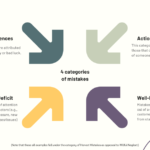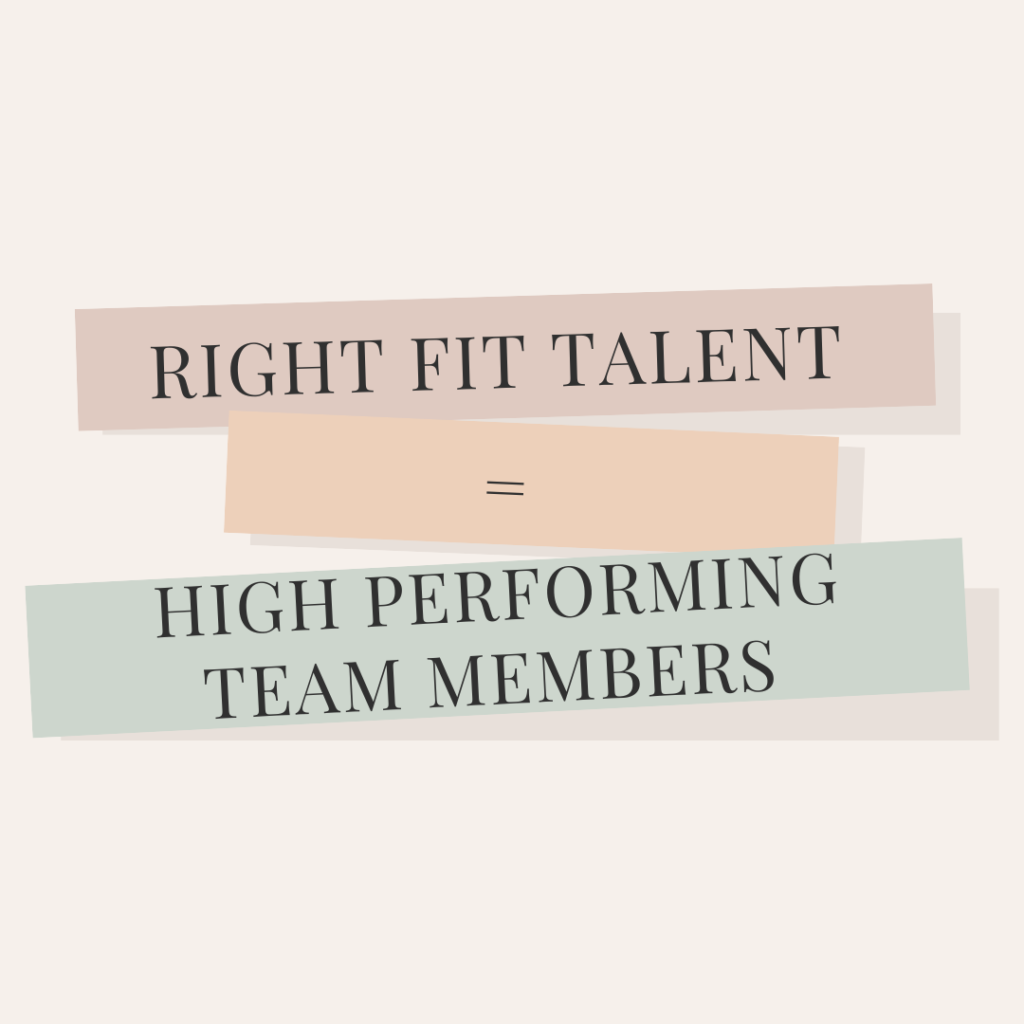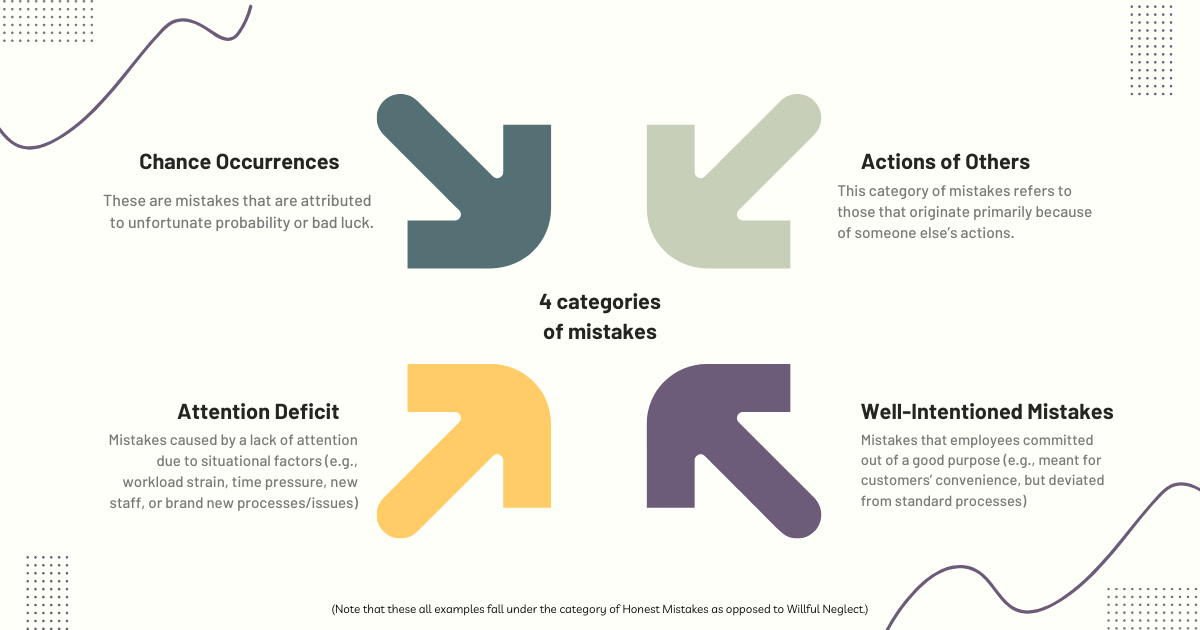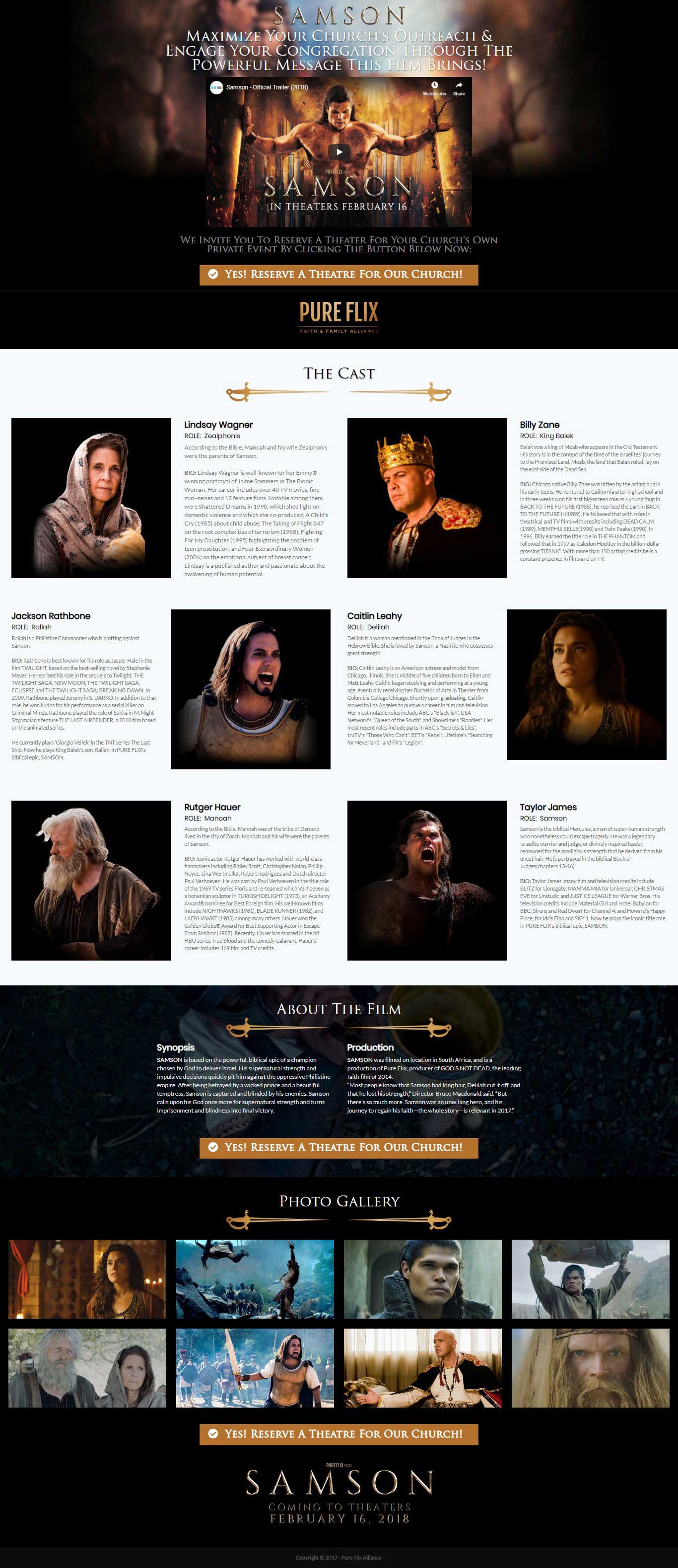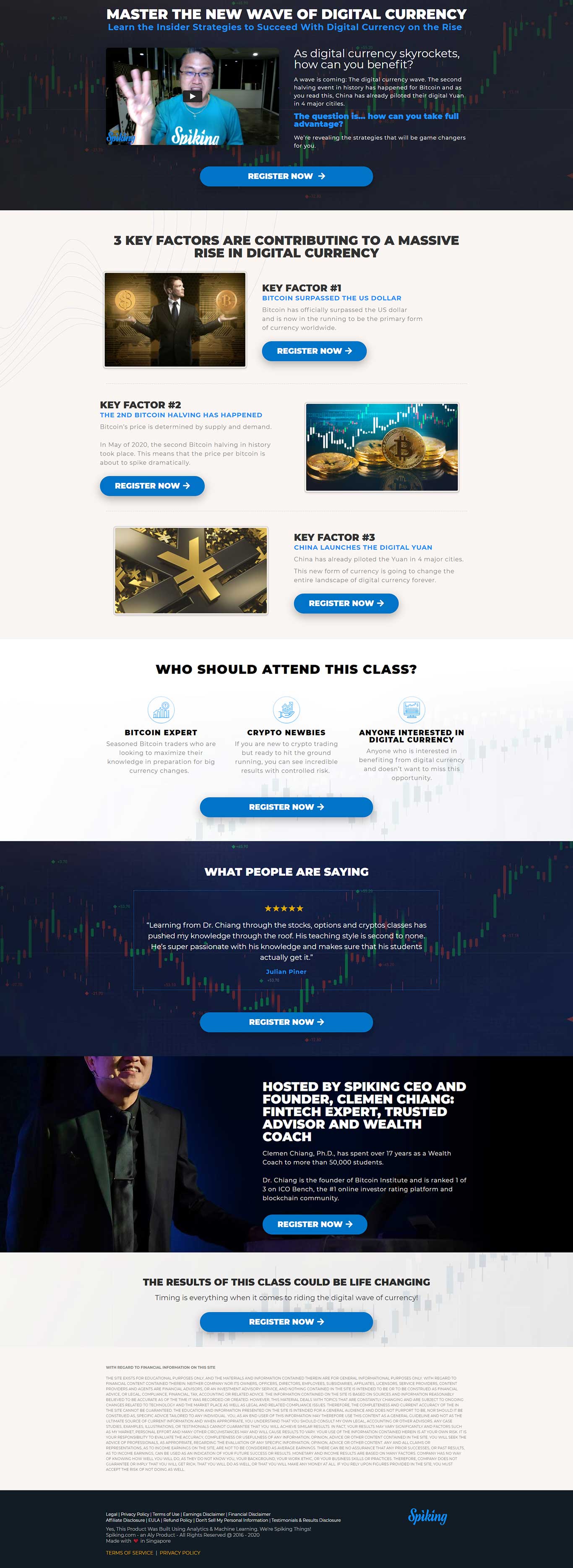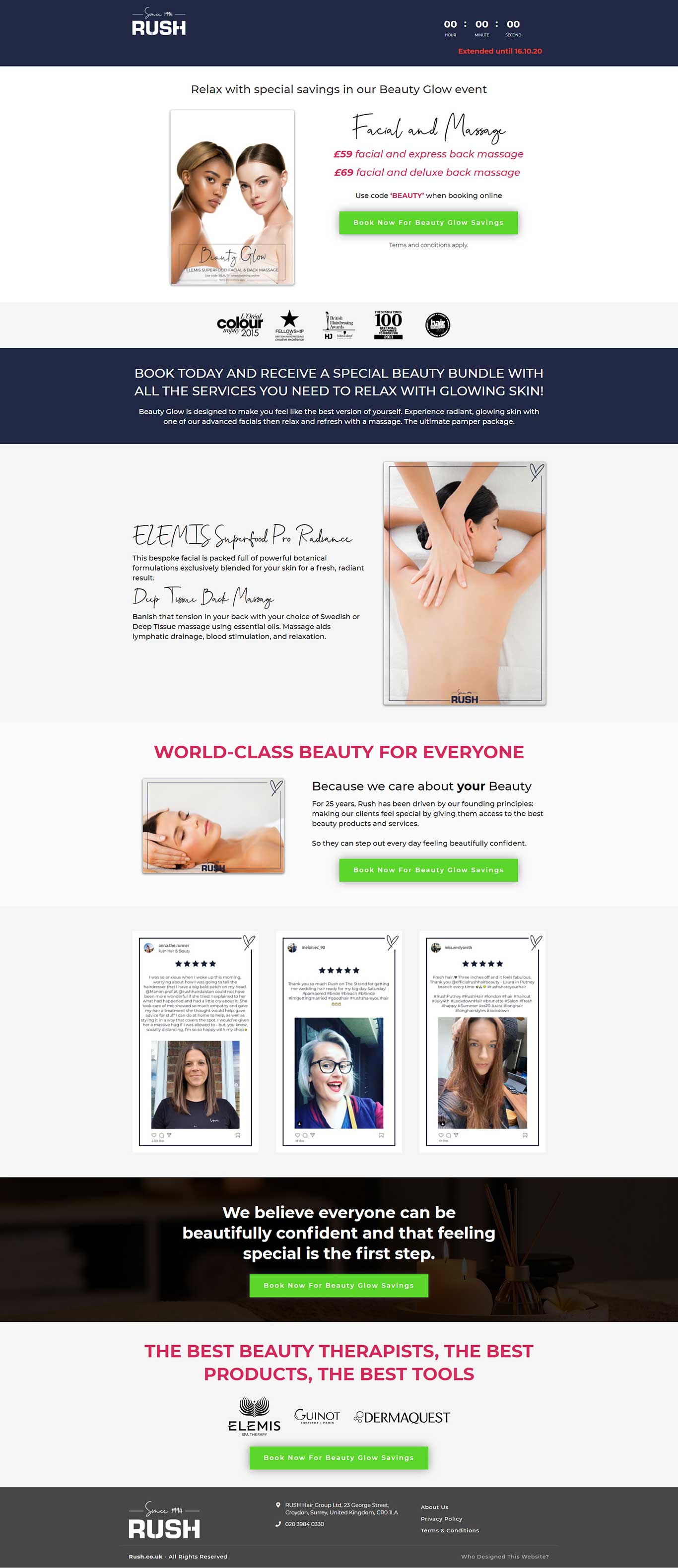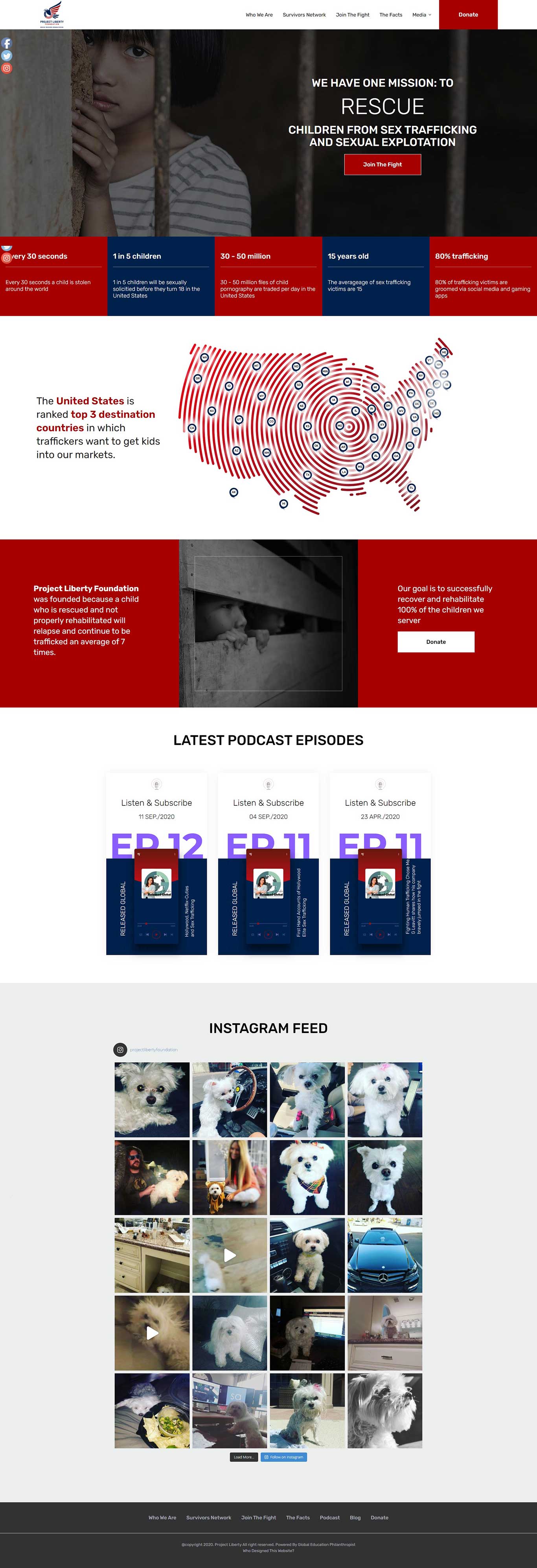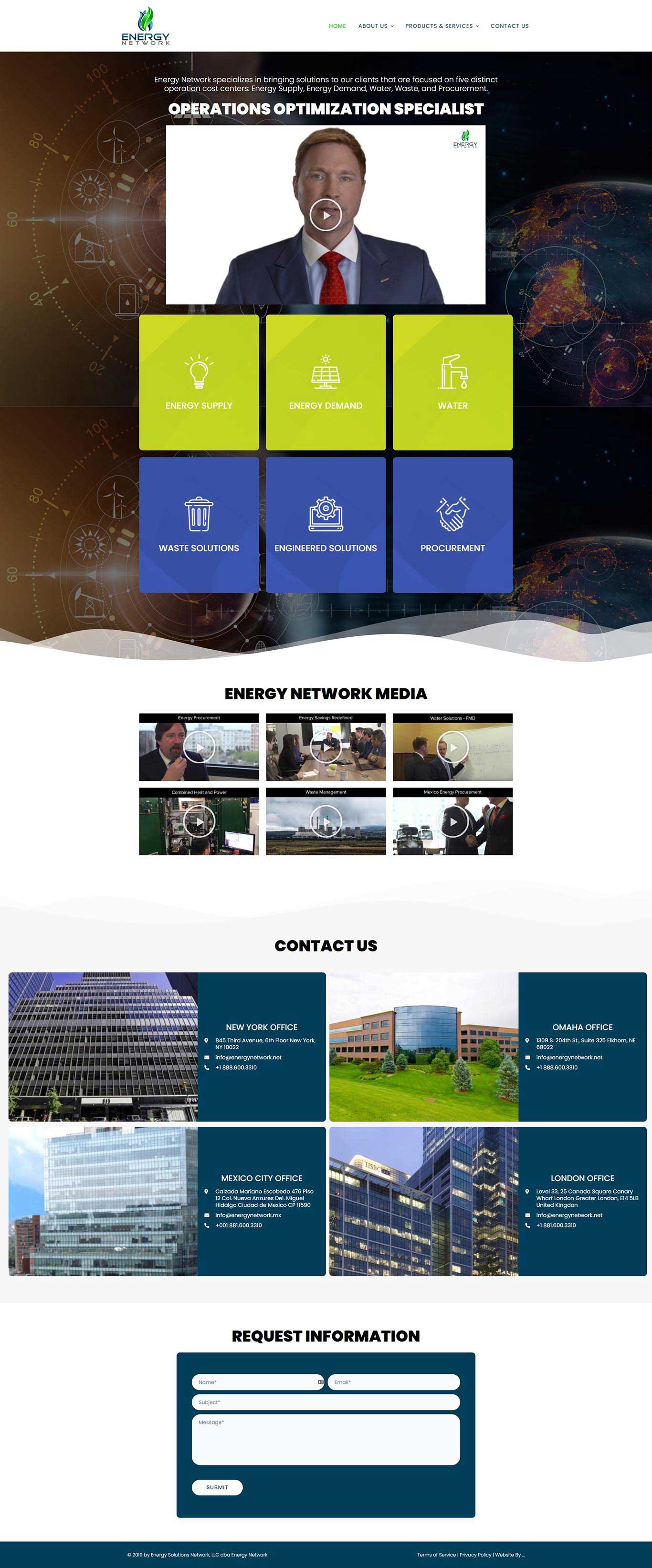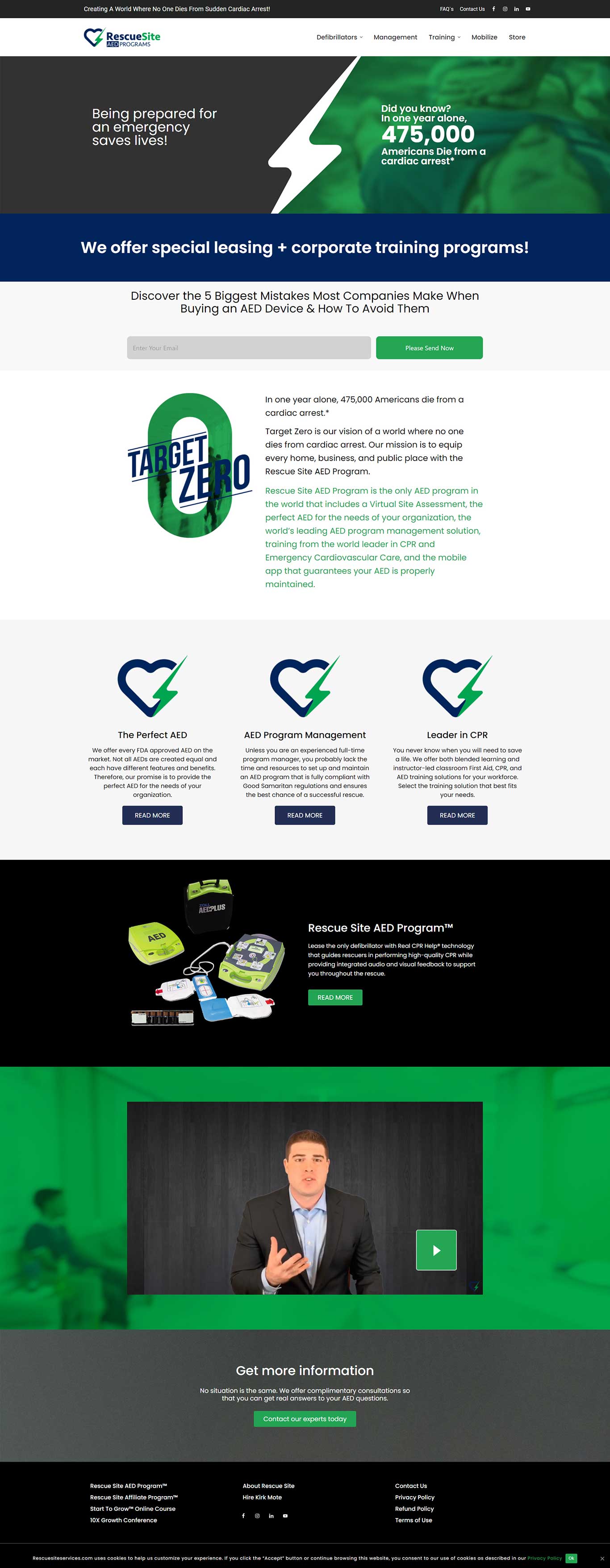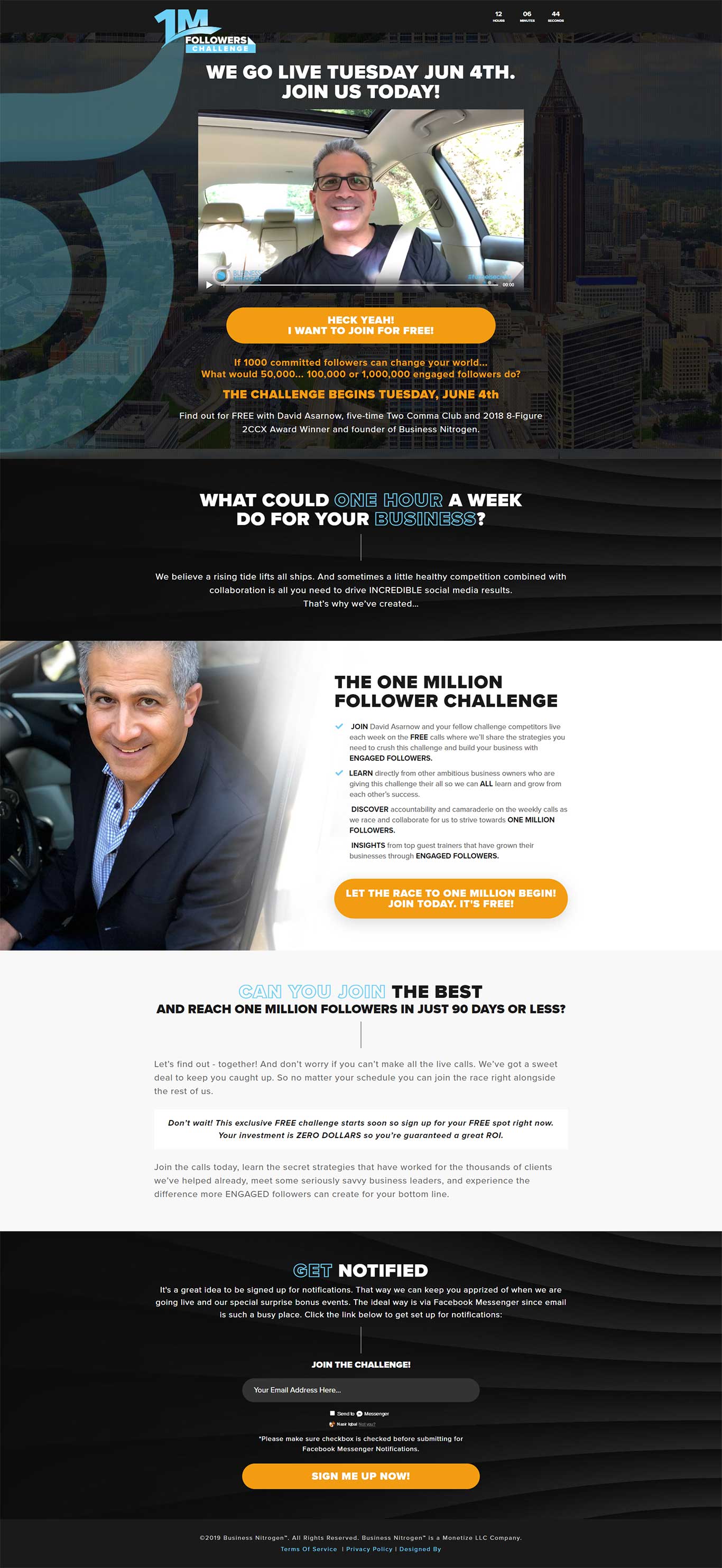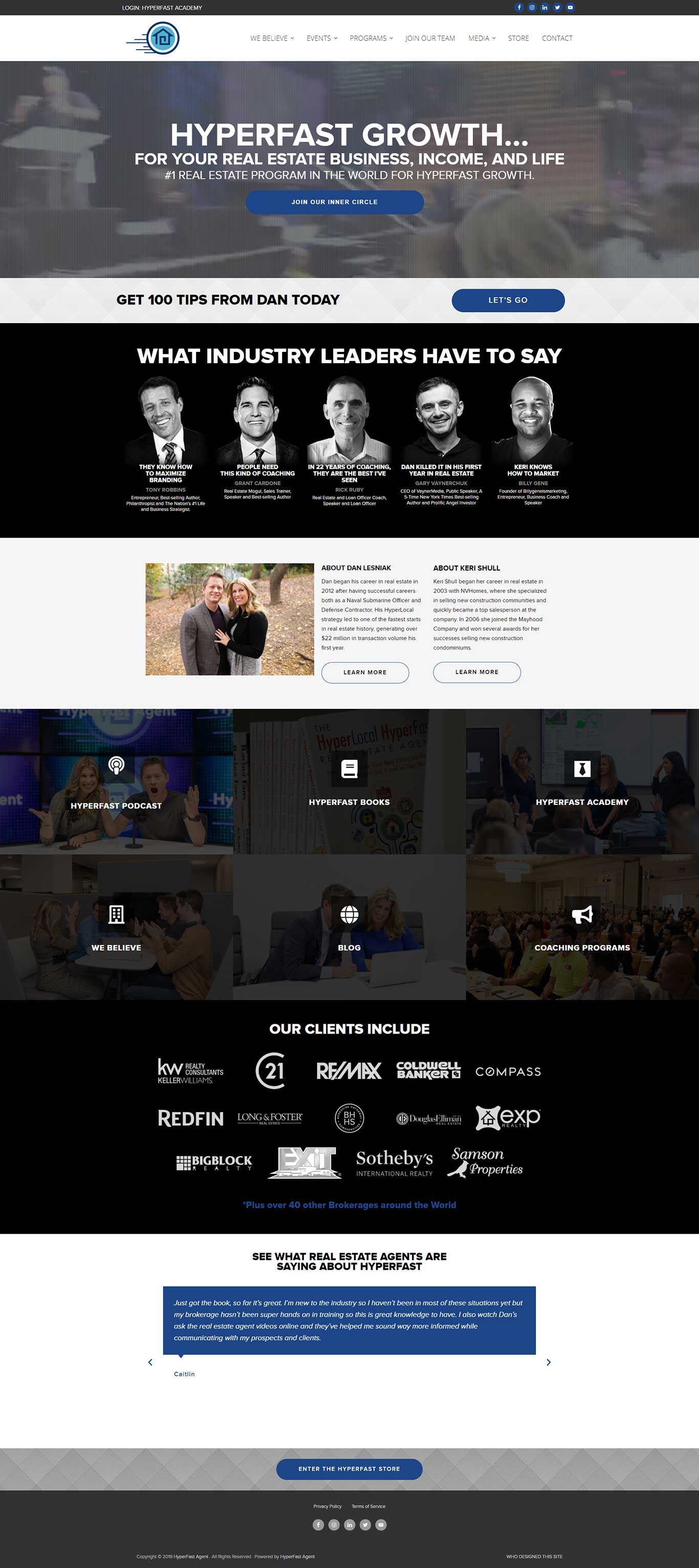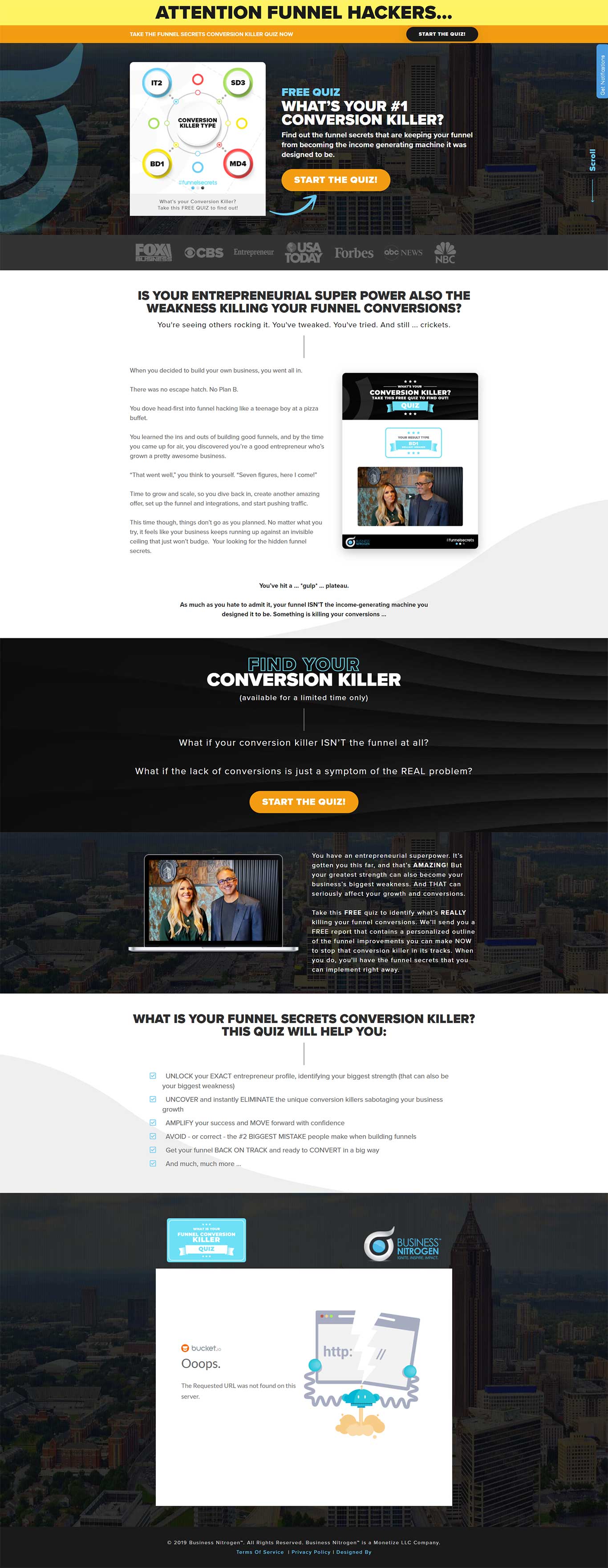Have you been hiring round pegs for square holes
There is a lot of content online debunking company culture. Some express culture as a “mere myth”.
“Not a cultural fit” became a blanket excuse for candidates that didn’t meet hiring managers’ preconceived idea of what the right person for the job should look like, sound like
and even dress like.
That’s just one of the many results a ‘culture fit myth‘ web search will get you.
The true meaning of the right “culture fit” is not only in the interest of the business as a whole, it’s as equally important for your team and the candidate.
Like plants, people need the right environment and conditions to thrive.
Culture encompasses not only the attitude but the behavior and values of an entire company (and their mission).
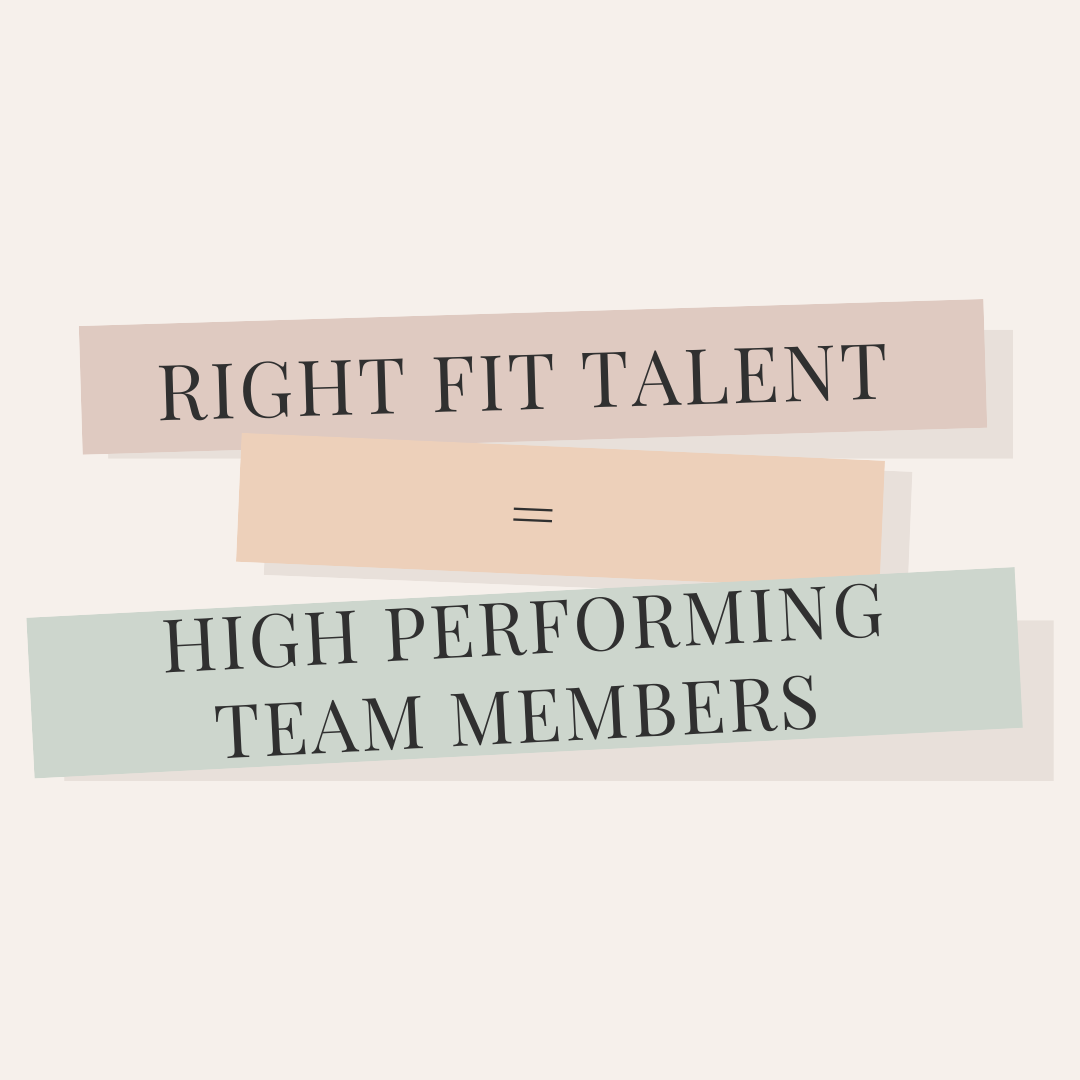
It should be no surprise that people quit their jobs because a company environment is not healthy for them. In fact, In today’s world we often hear about people leaving higher salaries and other benefits the company offers if the culture of the company feels toxic or not aligned with their values.
Why? Because their happiness, mental health, and growth are so much more valuable to them.
If your business growth is paramount to you, it’s a good idea to check to see if your company culture has been established and positioned for your team to thrive.
Quickly check if your company culture checks all the boxes high-performing talent is looking for:
- Team members are acknowledged and recognized for their hard work, contributions, and excellence.
- Team members feel heard and understand how their work is part of something bigger.
- Team members thrive in their work projects and are able to collaborate with one another regularly.
- Team members are given opportunities to grow and refine their skill sets and leadership skills.
- Team members are given the opportunity to “move up” and are encouraged to take on more responsibility to drive the company forward.
- All team members know, live, and breathe the company’s core values and always hold each other accountable.
You guessed it… Everything listed above lead to more innovation, greater trust in leadership, and an increased bottom line.
According to Forbes, research shows that organizations with “highly engaged workers” are 21% more profitable.
With that being said, the importance of a culture fit on your team shouldn’t and cannot be overlooked.
Culture fit is just as important as the skills and talents one brings to a team.
All too often, we try and fit round pegs in square holes.
If your business is a fast-paced environment with ever-evolving changes, it might not be the right environment for people that do not like frequent shifting and pivoting.
This doesn’t mean they are incompetent, or unskilled, it simply means that hiring them might slow down the work pace and overall growth.
If your business culture is one that includes a core value about “doing what we say we are going to do”, and you bring on someone who does not adhere to that core value, your team and your business will quickly suffer.
Here’s another example (using a company we are all familiar with as an example)…
Southwest Airlines is widely known for their culture of recognition, appreciation, and celebration.
With core values of a “Warrior Spirit,” “Servant’s Heart” and “Fun-LUVing Attitude,” Southwest asks employees to embody hard work, perseverance, proactive customer service and possess lighthearted fun in everything they Managers are encouraged to hire for attitude and train for specialized skills.
Southwest makes everybody feel important and loved through celebration. The company’s history is full of fun and creative events, and employees enjoy annual company-wide celebrations such as parties, chili cook-offs, and Southwest rallies. Southwest employees are often featured in the airline’s commercials, ads, and in “Southwest: The Magazine.”
This example shows the importance of a stellar work environment and culture. What does that equate to?
Workers thrive, therefore the company thrives.
Southwest Airlines has a 2.5% turnover. Not only is that impressive for a growing company, it’s remarkable for the airline industry.
Southwest Airlines leads with culture, and it directly affects their bottom line.
So how do you know if a candidate is a culture fit?
The answer to this question will guide you in the right direction every time:
Do they embody and align with every single one of your core values?
Which also means, (as a reminder) your core values should be displayed publicly (on your website and/or on your social media pages so anyone can find them (in this case candidates who are interviewing with you).
During an interview, it is best to first interview asking questions that are aligned and opposed to your core values to see how they would answer without them selling you on why they are a core value fit.
After that you can start to dig deeper and find out if they are a fit by their responses to your probing:
Is this an environment they feel they can succeed and bring value to?
How have they demonstrated their embodiment of each of your core values in business and in their personal life?
Do they share the same business values?
What do they really care about?
What drives them?
Do their professional goals match with the goals of the company?
You probably already know a lot about the passions and motivations of your current employees –are these similar to the candidate’s passion and motivation?
After meeting with the candidate and asking these important questions, you will know right away if this candidate’s professional passion fits with your company’s mission and culture.
Ensuring candidates are a culture fit result in a higher probability you have the right-fit candidate for your unique business.
Right fit talent = High performing team members.
High-performing team members are highly engaged team members.
Always remember, not only does your business need to be a right fit for them, THEY must be a right fit for your business.
Skills are not the sole need. Culture alignment is just as crucial.
To your success,
David



